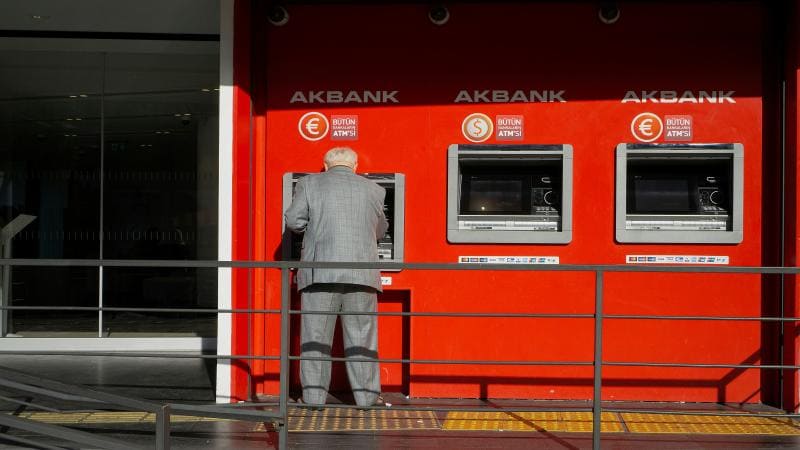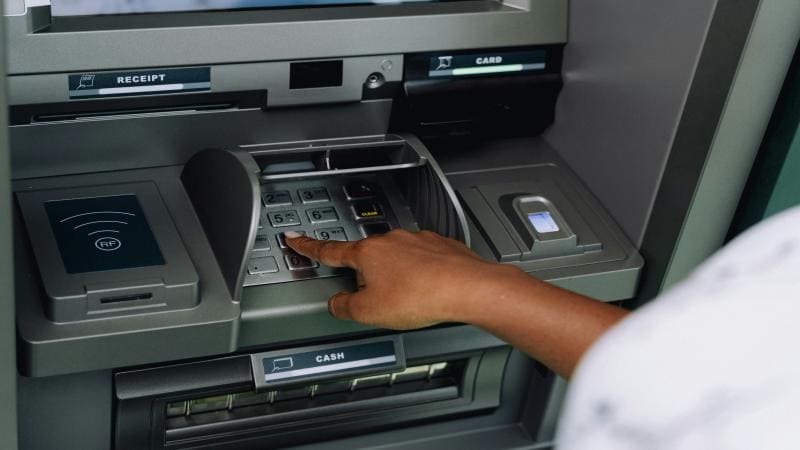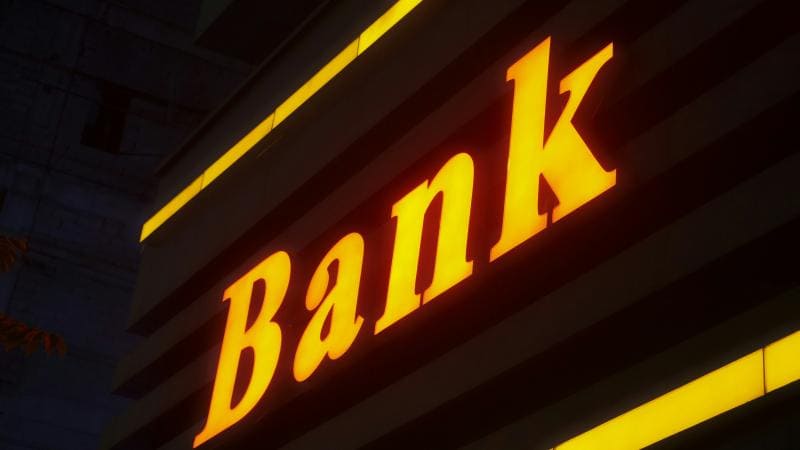In today’s digital world, banks and financial institutions are moving away from old systems and embracing modern solutions that are faster, more flexible, and more secure.
SaaS banking software has become a game-changer, allowing banks to deliver better services, reduce costs, and stay competitive in a fast-changing market.
But with so many options out there, it’s important to understand the key features that make great saas banking software stand out.
1. Security and Compliance
For banks, nothing matters more than security. A strong SaaS banking platform must have top-level data protection built in. Look for end-to-end encryption, multi-factor authentication, and strong identity management tools.
Since banks operate under strict rules, the software should also comply with global standards such as PCI DSS, GDPR, and regional banking regulations. This ensures customer data stays safe while also avoiding costly penalties.
2. Cloud-Native Flexibility
Key Features to Look for in SaaS Banking Software is hosted in the cloud, which means banks don’t have to worry about maintaining servers or hardware. But not all cloud systems are the same.
A good platform should be cloud-native, meaning it can easily scale up or down as needed. Whether a bank is serving thousands of customers or millions, the software should adjust without interruptions. Cloud-native solutions also allow for faster updates, less downtime, and easier integration with other services.
3. Real-Time Processing
Modern customers expect instant banking services. Transfers, payments, or account updates should happen in real time.
SaaS banking software that supports real-time processing helps reduce delays, improve customer satisfaction, and prevent fraud by spotting suspicious transactions as they happen. This speed and accuracy are essential for building trust in digital banking.
4. API-First Design
Today’s banking ecosystem is no longer isolated. Customers use digital wallets, payment apps, investment tools, and more. SaaS banking software with an API-first design makes it easy to connect with these services.
Open APIs let banks quickly add new features, link with fintech partners, and create customized digital experiences for their customers. This flexibility keeps banks competitive in a world where new financial apps are being launched every day.
5. User-Friendly Experience
Great banking software should be easy to use for both staff and customers. A clean interface, simple navigation, and mobile-first design make a huge difference. Customers should be able to open accounts, transfer money, or check balances without confusion.
At the same time, bank employees should have dashboards and tools that make their jobs faster and easier. The smoother the experience, the more likely customers are to stay loyal.
6. Strong Analytics and Reporting
Banks rely on data to make smart decisions. SaaS banking software should come with built-in analytics and reporting tools that track customer behavior, transaction patterns, and risk exposure.
With clear insights, banks can improve services, offer personalized products, and strengthen fraud detection. Good reporting features also help with compliance by making it easier to generate regulatory reports on demand.
7. Automation and AI Capabilities
Automation reduces human error and speeds up operations. A modern SaaS banking platform should include automation for tasks like loan approvals, KYC (Know Your Customer) checks, and compliance monitoring.
AI-driven tools can also analyze customer data to recommend products, predict fraud risks, and improve customer service through chatbots. These smart features save time, cut costs, and boost efficiency.
8. High Availability and Reliability
Since banking services run 24/7, downtime is not an option. SaaS banking software should guarantee high availability with built-in disaster recovery systems.
Features like load balancing, failover support, and redundant data centers ensure that customers always have access to their money, even during unexpected events. Reliability builds trust, and in banking, trust is everything.
9. Customization and Scalability
No two banks are exactly alike. The best SaaS banking platforms offer customization options so banks can tailor services to their market and customer base.
Whether it’s adding new payment methods, adjusting workflows, or designing branded mobile apps, flexibility is key. Scalability also matters because as a bank grows, the software should grow with it without requiring a complete system change.
10. Cost Efficiency
One of the biggest advantages of SaaS banking software is cost savings. Since it is subscription-based, banks don’t have to invest heavily in infrastructure or long upgrade cycles.
However, the best platforms also offer clear pricing, flexible plans, and the ability to scale costs with usage.
This helps banks of all sizes—from local credit unions to global institutions—stay efficient while still accessing advanced technology.
Conclusion
SaaS banking software is no longer just an option—it’s the future of banking. The right solution provides security, flexibility, real-time service, and smart features that keep banks competitive in the digital age.
By focusing on these key features—security, cloud-native design, real-time processing, APIs, user experience, analytics, automation, reliability, customization, and cost efficiency—banks can choose software that transforms their operations and delivers real value to their customers.
In a world where digital expectations are higher than ever, having the right SaaS banking software is the foundation for long-term success.





